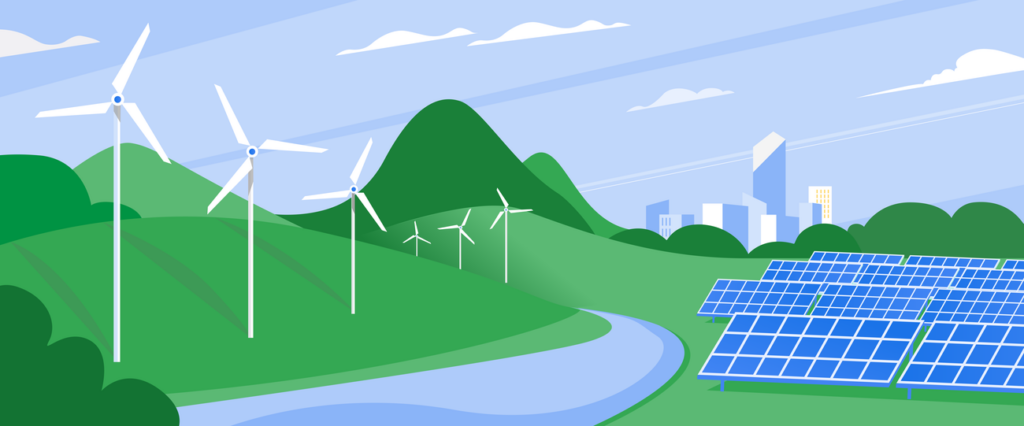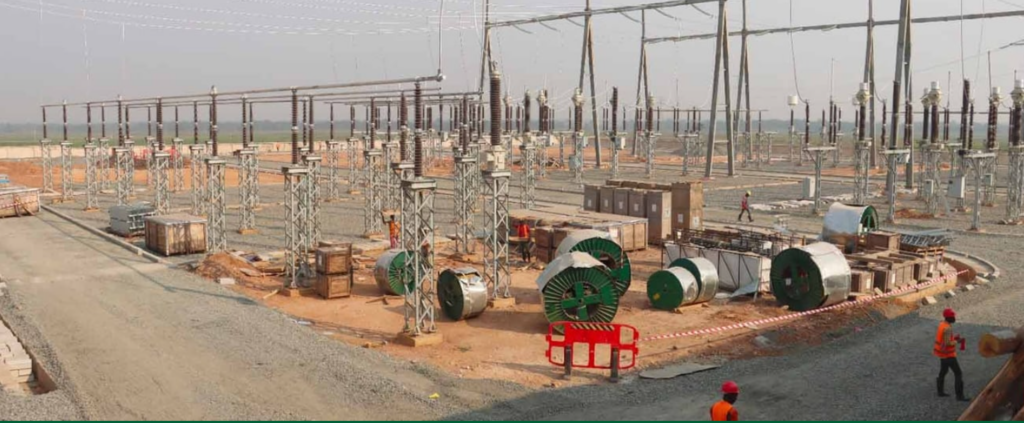Major growth of clean energy limited the rise in global emissions in 2023

From 2019 to 2023, growth in clean energy was twice as large as that of fossil fuels.
Global energy-related carbon dioxide (CO2) emissions rose less strongly in 2023 than the year before even as total energy demand growth accelerated, a new analysis by International Energy Agency (IEA) (IEA)I shows.
This was helped with continued expansion of solar PV, wind, nuclear power and electric cars helping the world avoid greater use of fossil fuels. Without clean energy technologies, the global increase in CO2 emissions in the last five years would have been three times larger.
Emissions increased by 410 million tonnes, or 1.1%, in 2023 – compared with a rise of 490 million tonnes the year before – taking them to a record level of 37.4 billion tonnes.
An exceptional shortfall in hydropower due to extreme droughts – in China, the United States and several other economies – resulted in over 40% of the rise in emissions in 2023 as countries turned largely to fossil fuel alternatives to plug the gap.
Had it not been for the unusually low hydropower output, global CO2 emissions from electricity generation would have declined last year, making the overall rise in energy-related emissions significantly smaller.
The findings come from IEA annual review of global energy-related CO2 emissions – and the inaugural edition of a new series, Clean Energy Market Monitor, which provides timely tracking of clean energy deployment for a select group of technologies and outlines the implications for global energy markets more broadly.
From 2019 to 2023, growth in clean energy was twice as large as that of fossil fuels, providing the opportunity to accelerate the transition away from fossil fuels this decade.
For example, the deployment of wind and solar PV in electricity systems worldwide since 2019 has been sufficient to avoid an amount of annual coal consumption equivalent to that of India and Indonesia’s electricity sectors combined – and to dent annual natural gas demand by an amount equivalent to Russia’s pre-war natural gas exports to the European Union.
And at a recent high-level event at IEA headquarters in Paris, energy and climate leaders from around the world addressed the next steps that governments need to take to deliver on the important energy commitments made at the recent COP28 climate summit in Dubai and ensure that the door remains open to limiting global warming to 1.5 °C.
In his first major public engagement with the energy and climate communities since the Dubai summit in December, COP28 President Sultan Al Jaber delivered the keynote remarks at the roundtable hosted by our Executive Director Fatih Birol. Other high-level participants included US Special Presidential Climate Envoy John Kerry and COP21 President and former French Prime Minister Laurent Fabius.
Others were Danish Minister for Development Cooperation and Global Climate Policy Dan Jørgensen, German Special Envoy for International Climate Action Jennifer Morgan, Brazilian National Secretary for Climate Change Ana Toni, Azeri COP29 Lead Negotiator Yalchin Rafiyev, and UN Special Adviser to the Secretary-General on Climate Action and Just Transition Selwin Hart.
They were joined by more than 50 Ambassadors from countries across Africa, Asia, Europe, the Middle East, Latin America and North America, as well as international thought leaders and energy industry executives.
In December, nearly 200 governments at COP28 reached a key agreement on energy and climate, often referred to as the UAE Consensus, that set new global 2030 goals of accelerating the transition away from fossil fuels, tripling renewable energy capacity, doubling energy efficiency progress and substantially reducing methane emissions.
The discussion at our recent high-level roundtable focused on how to realise these targets, which are essential to meet the Paris Agreement aim of limiting the average rise in global temperatures to 1.5 °C.
Read more here – and watch the opening remarks of the key speakers.






Responses